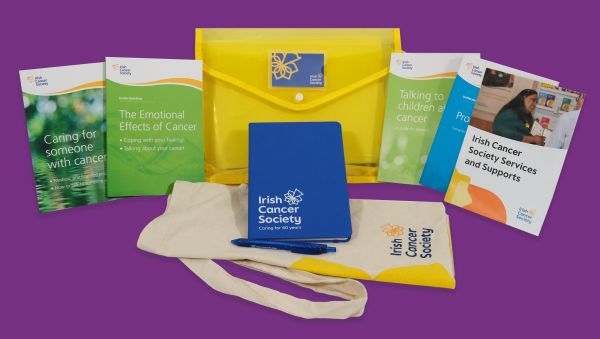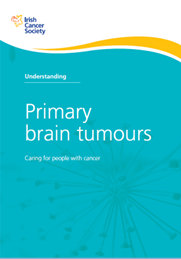Brain tumours
Treatment
How are brain tumours treated?
The best treatment for you will depend on:
- The type of brain tumour you have
- The size of the tumour
- The grade of the tumour
- What part of the brain is affected
- Your general health
- Any symptoms you have
The main treatments for brain tumours are:
Surgery aims to remove as much of the tumour as is safely possible. Surgery can also help to relieve symptoms. Surgery is not always possible, depending on where the tumour is in the brain and how big it is. More details on brain tumour surgery.
Radiotherapy is the use of high-energy X-rays to kill tumour cells. Radiotherapy may be given instead of surgery, if surgery is not possible. Or you may have radiotherapy after surgery to control the tumour. Read more about radiotherapy for brain tumours.
Chemotherapy uses drugs to control the tumour. You may be treated with chemotherapy alone. Or you may have chemotherapy after surgery. Chemotherapy can also be given before, after or with radiotherapy treatment. Read more about chemotherapy.
You may be offered a treatment as part of a clinical trial. These are research studies that try to find new and improved cancer treatments. Read more about clinical trials.
Will I get side-effects?
The type of side-effects you get will depend on how big your tumour is, where it is, the type of treatments you have and your own general health.
Ask your doctor or nurse about any possible side-effects before your treatment starts. You can read about the different treatments to find out more about possible side-effects. You can also read more about coping with different side-effects.
Treating brain tumour symptoms
Surgery, radiotherapy and chemotherapy can all be given to help with some of the symptoms of a brain tumour.
You may also be given other treatments to relieve symptoms, such as:
- Steroids: These are drugs used to treat the symptoms of a brain tumour. Steroids work by reducing inflammation and swelling. You might also have steroids before surgery. More about steroids.
- Anti-convulsants: Seizures (fits) are a common symptom of some types of brain tumours. If you have seizures, anti-convulsant drugs will be prescribed to try to prevent the seizures from happening. We have more information about anti-convulsants and advice on coping with seizures.
Palliative care
The palliative care team are experts in managing symptoms of cancer and other illnesses. Read more about palliative care.
Continue reading about brain tumours




Get help & support

Support Line
Free support pack


